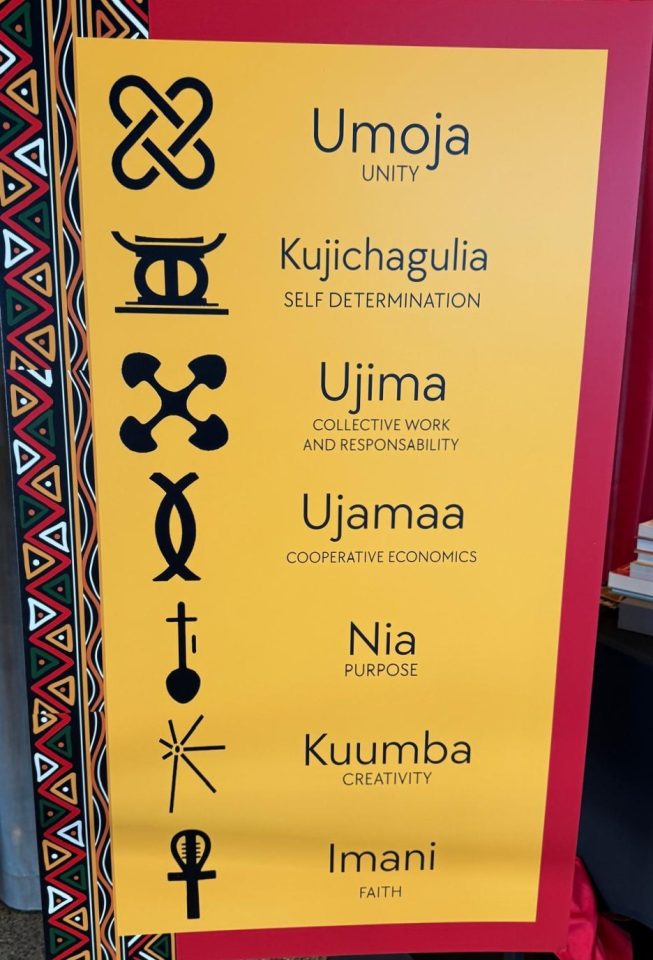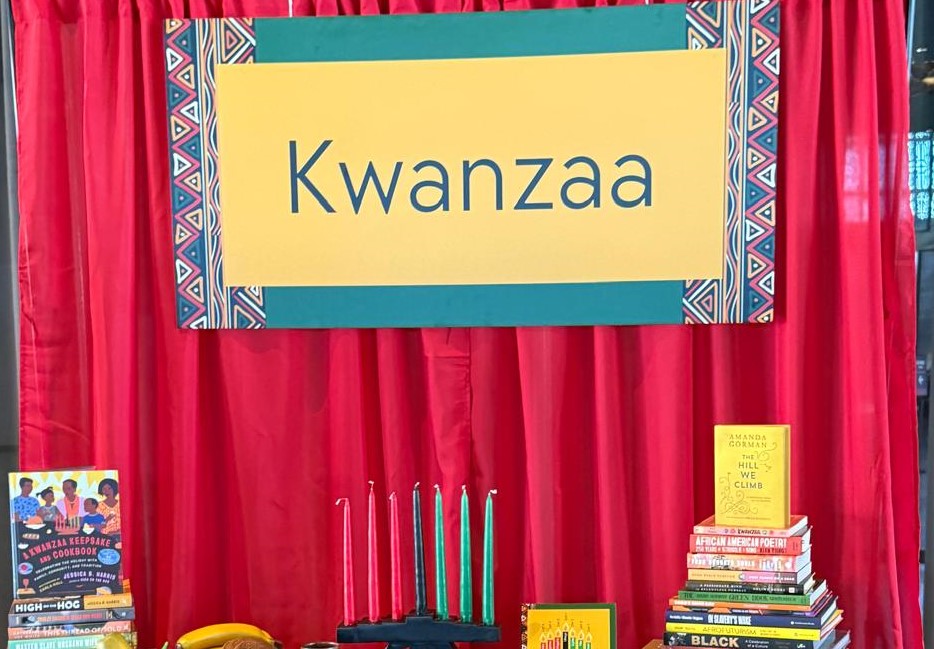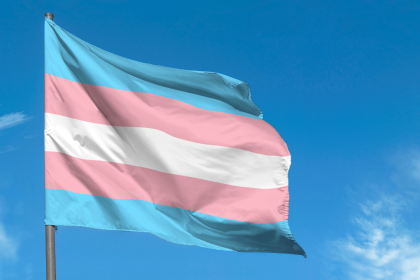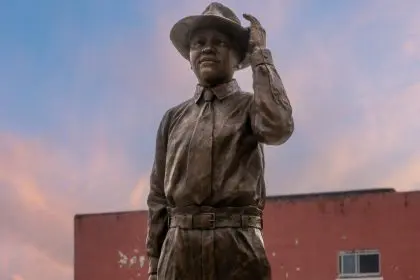Kwanzaa stands as a powerful celebration of African American culture, community strength, and familial bonds. This week-long observance, held from December 26th to January 1st, represents more than just a holiday – it embodies a commitment to cultural preservation and community empowerment. Created in 1966 by Dr. Maulana Karenga, professor of Africana studies, Kwanzaa draws inspiration from first harvest celebrations across Africa while establishing its own unique cultural significance.
The foundation of Nguzo Saba
The seven principles of Kwanzaa, known as Nguzo Saba, form the celebration’s philosophical core. Each day focuses attention on a specific principle that guides personal growth and community development. These principles provide a framework for both celebration and daily living throughout the year.
Umoja, meaning unity, opens the celebration by emphasizing the importance of togetherness in family, community, and race relations. This principle encourages people to look beyond individual concerns and consider the collective well-being of their community.
Kujichagulia follows, promoting self-determination and personal agency. This principle encourages individuals to define themselves rather than accepting externally imposed definitions. It emphasizes the importance of cultural identity and autonomous decision-making.
Ujima introduces collective responsibility, teaching that community problems require community solutions. This principle transforms individual challenges into shared concerns, fostering a spirit of mutual support and cooperation.
Economic and purposeful principles
Ujamaa addresses cooperative economics, emphasizing the importance of building and maintaining community-owned businesses. This principle encourages economic self-reliance and collective prosperity through shared business ownership and support.
Nia focuses on purpose, particularly in building and developing the community. This principle connects individual actions to collective advancement, encouraging purposeful work that benefits the entire community.
Creative and spiritual elements
Kuumba celebrates creativity as a force for community improvement. This principle encourages innovation and artistic expression while emphasizing the responsibility to enhance community life for future generations.
Imani concludes the celebration by focusing on faith – not just religious faith, but belief in people, leadership, and the justice of the community’s struggle for advancement. This principle strengthens community bonds through shared confidence in collective capability.
Symbolic representations
Kwanzaa’s rich symbolism carries deep cultural significance. The mkeka, a woven mat, provides the foundation for all other symbols, representing the historical foundation upon which the community builds. The kinara, holding seven candles, symbolizes the original stalk from which all people of African descent emerged.
The mishumaa saba comprises seven candles representing the principles: three red candles symbolizing struggle, one black candle representing the people, and three green candles representing the future and hope. Together, these candles illuminate the principles and path forward.
Additional symbols include:
- Mazao (crops) representing collective labor’s rewards
- Muhindi (corn) symbolizing children and future possibilities
- Kikombe cha Umoja facilitating unity through shared celebration
- Zawadi encouraging meaningful gift-giving focused on growth
Modern celebrations
Contemporary Kwanzaa celebrations blend traditional elements with modern expressions of African American culture. The karamu feast, held on December 31st, brings communities together for shared celebration through food, music, and cultural expression.
Traditional celebrations often include:
- African drumming connecting participants to cultural roots
- Storytelling preserving historical knowledge
- Libation ceremonies honoring ancestors
- Group discussions exploring principle applications
- Cultural performances celebrating heritage
Contemporary relevance
Kwanzaa maintains strong relevance in today’s society, offering opportunities for cultural connection and community strengthening. The principles address modern challenges while preserving traditional values, making the celebration meaningful for contemporary participants.
The celebration encourages:
- Cultural pride and understanding
- Family bonds and community connections
- Economic empowerment strategies
- Personal development and growth
- Intergenerational knowledge transfer
Moving forward
As communities continue celebrating Kwanzaa, its principles provide guidance for addressing current challenges while maintaining cultural connections. The celebration offers opportunities for reflection, community building, and cultural affirmation that extend beyond the seven-day observance.
Through embracing Kwanzaa’s principles and practices, participants strengthen their understanding of African heritage while building stronger communities for future generations. The celebration continues evolving, maintaining its relevance while preserving its core mission of cultural affirmation and community empowerment.


















